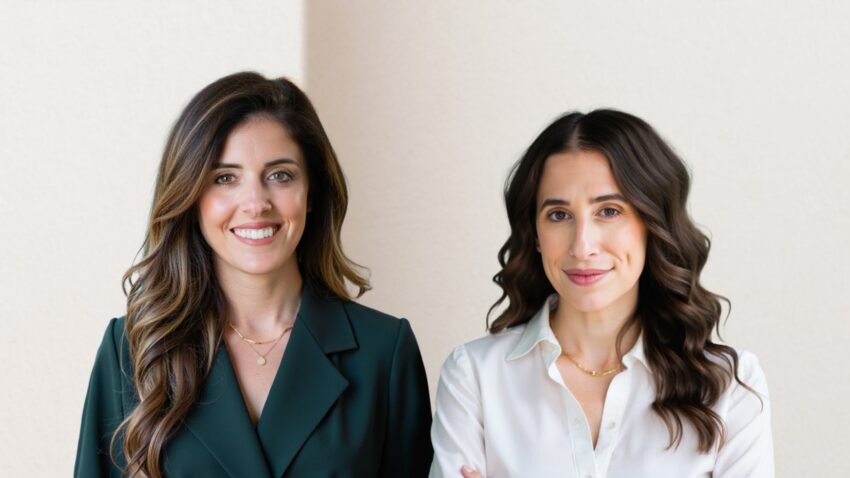In recent years, focusing on career and delayed marriage age is forcing some women to consider the protection of their fertility by freezing eggs.
But the steep cost of the procedure, Estimation is from $ 10,000, 000 15,000 Every effort means that many women cannot afford it during their fertile years: in the early 20s and the 30s.
CofetilityFormer Uber Executive Lauren McMiller and Health Tech Angel Investor Hall Taco, a launch, offers to freeze women with no cost to freeze the egg without any cost.
The three -year -old Startup collected a round in a $ 7.25 million series, headed by the next ventures and offline ventures, which was attended by the initial, gangs and several other investors. The total funding of Cofetility from this financing round is $ 16 million.
The idea of Cofetility is created by the fertility and health of the maker. The 2018 diagnosis of an abnormal stomach disease resulted in numerous surgery, which is at risk of loss of ovaries.
In such cases, doctors sometimes recommend freezing eggs for young women who want to have children, but this was not an option for the maker.
So, he began to learn more about egg donation.
Macler knew that the donors were compensated for their eggs, but they were surprised to know how expensive the eggs could be. If the egg from the Jewish donor wants to meet her background, it will cost more. If she sought an egg from an educated woman, the price increased.
He said, “Thus the prices of egg donors felt like an increase, which felt upset me,” he said, referring to Uber’s approach to charging for riders at peak demand times.
Fortunately, Macler naturally made a baby pregnant, but because of this experience she wants to build a business that is similar to young women who want to protect their fertility with people who need donor eggs.
Although the concept of egg sharing is not new, Macler claims that Coffeetletti is the only company that offers eggs on a scale through its “spiral” program.
The maker said, “At any time, we have hundreds of donors that are available to the desired parents.
Michael says that the egg donors come from a diverse background and have about 55 % of them graduate.
The desired parents cover egg recovery costs and coordination fees of cofetility, which is like a standard egg donation. However, they do not need to compensate the donor, reducing their pockets.
Although Macler does not want to call Kepharti a market, he agrees that it works like one and his company is solving a major structural problem.
“Big vision and purpose is to remove the prohibition of egg donation,” he said, “You become parents. Doing this with the help of a donor who is also interested in freezing their eggs.
